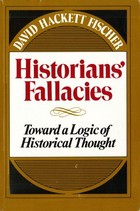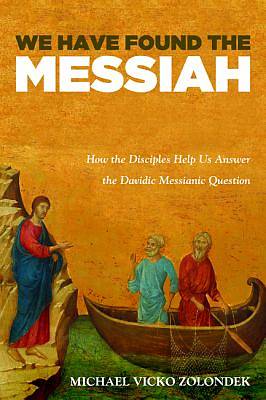Recently I was discussing some of the criteria of authenticity that have been used by historical Jesus scholars to supposedly sift the more likely historical events in the gospels from those that are pious fabrications. I was using David Hackett Fischer’s Historians’ Fallacies as my yardstick. One criterion I did not get to then was that of embarrassment. This little rule says that if an event in the gospels would have been embarrassing to the early Christians then they would not have mentioned it — UNLESS it were an event so well known that they simply could not avoid mentioning it: ergo, the event really did happen. Example: the baptism of Jesus.
There are several fallacies in Fischer’s book that apply to this criterion but I’ll concentrate on just one: the fallacy of false dichotomous questions (p. 9).
Implicit in the criterion of embarrassment is the notion that an early Christian author was faced with either:
- being compelled to write about an embarrassing event he did not really wish to write about;
- or fabricating an event that was an embarrassment to himself and his readers.
The latter is obviously very unlikely so the first option wins virtually by default.
Of course the question raised by the criterion excludes all but two possibilities: being compelled by the sheer facts to write or making up a story that is counter-productive to one’s interests.
Yet we know that authors — even the evangelists — are quite capable of avoiding details that are well-known to their audiences (e.g. Luke omitted whole swathes of stories in the Gospel of Mark that he was using), and that human experience teaches us that in real life people are often capable of ignoring reality when it suits. We also know that our knowledge of the authorship of the gospels is very limited. What was embarrassing to the author or his audience? Are there other reasons for the creation of the stories?
To approach questions of historical reconstruction with such a blinkered dichotomy is clearly fallacious.
Other fallacies relating to causation and motivation also apply. But I promised to limit myself to just one for this post.





